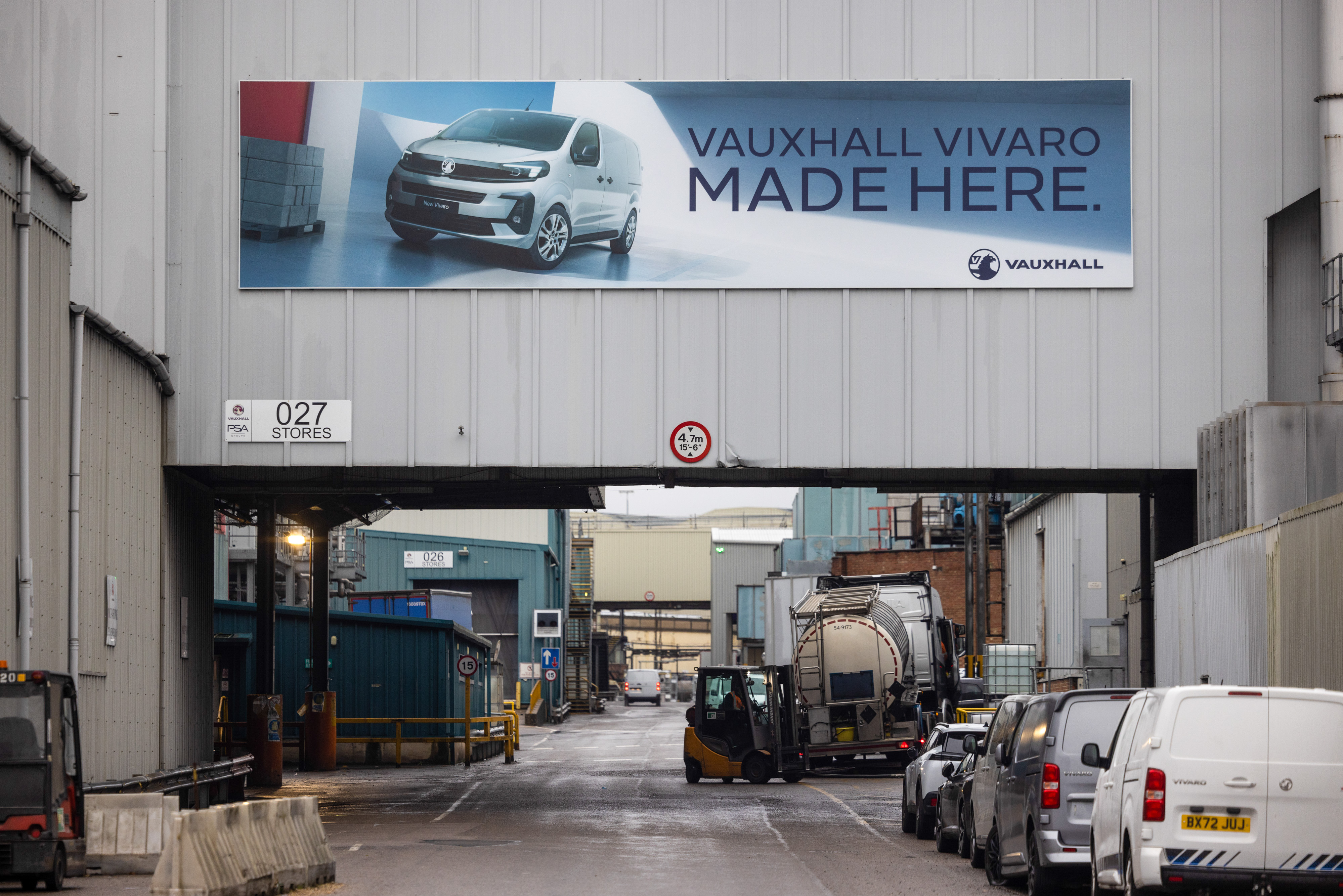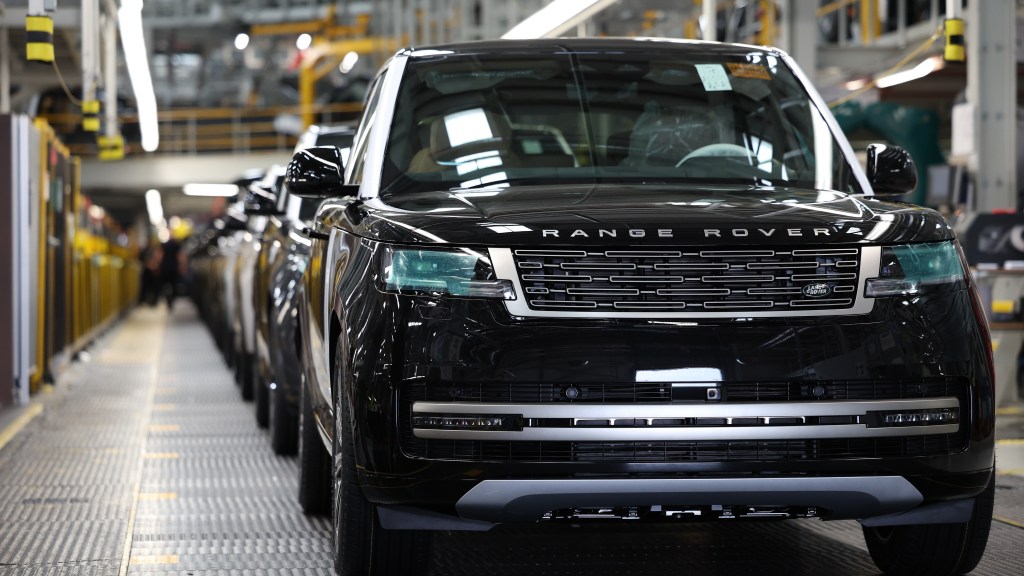UK Auto Sector Faces Grim April Production Numbers, Lowest Since 1952
The UK automotive manufacturing landscape is facing a severe downturn, exacerbated by ongoing uncertainties linked to President Trump’s trade battles, the recent closure of the Luton van production facility, and the impact of this year’s delayed Easter holiday.
During April, vehicle production in the UK plummeted by nearly 9 percent, with commercial vehicle manufacturing experiencing a staggering 68 percent decline.
These figures represent the worst April production statistics since 1952, with the exception of 2020 during the Covid-related factory shutdowns. Moreover, this marks the weakest start to the year for the UK’s automotive industry since the 2009 global financial crisis.
British car manufacturing facilities are currently operating at an annual production rate of 767,000 vehicles, which is lower than during the pandemic and nearly half of the output levels seen before the pandemic.
Facing challenges in adapting to the transition toward electric vehicle production, manufacturers of notable brands such as Nissan, Range Rover, Mini, Toyota, Rolls-Royce, and Bentley reported that only 56,500 vehicles were produced in April, a decrease from 61,800 during the same month last year.
This decline is not aiding the balance of payments, with a 10 percent drop in exported vehicles. Year-to-date production has decreased by over 4 percent, totaling 284,000 vehicles.
The situation in the commercial vehicle sector is even more troubling, significantly impacted by Stellantis’s decision to shutter the Vauxhall van plant in Luton, shifting focus to Ellesmere Port for smaller electric vehicle assembly across multiple brands.
April’s commercial vehicle output fell sharply to just 2,600 units, down from 8,500 the previous year. In the first four months of the year, production has declined by 35 percent, with van exports dropping by 75 percent.

Mike Hawes, the chief executive of the Society of Motor Manufacturers and Traders, emphasized the urgent need for government action to address the crisis.
He stated, “With automotive manufacturing facing its most challenging beginning to the year since 2009, immediate measures are essential to enhance domestic demand and international competitiveness.”
Hawes highlighted that the government has acknowledged the importance of the automotive sector to the UK economy, successfully securing better trading conditions with partners like the US, EU, and India in a short period. He stressed the necessity of attracting further investment, which hinges on establishing a competitive and assured long-term industrial strategy.
“If done correctly, this could lead to job creation, economic growth, and a significant move towards decarbonization throughout the UK,” he concluded.




Post Comment